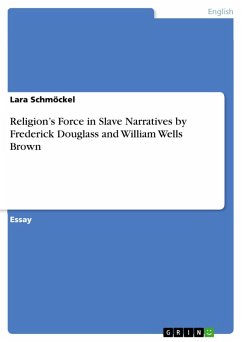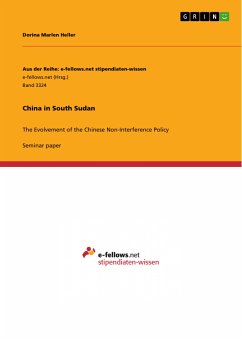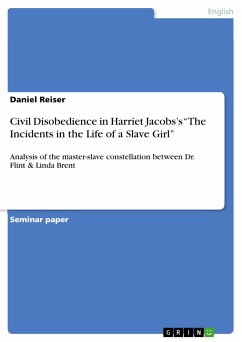Bachelor Thesis from the year 2014 in the subject American Studies - Culture and Applied Geography, grade: 1,3, Dresden Technical University (Institut für Nordamerikastudien), language: English, abstract: The central questions of my thesis are: Why did American policy delay black emancipation and official enlistment until 1863, and what were the blacks' motives for enlisting at all? First I will investigate the political background, starting with introducing the three main parties in the emancipation debate, and continuing with the political steps toward official enlistment and the reactions of society to these developments. Secondly, I will focus on the black soldiers' motives, including influences that had shaped them and obstacles which prevented emancipation in practice, and finally I will explore the war's results for the black population. Throughout the whole analysis, the thesis focuses only on black soldiers and not on black participation in the war in general. In answering my two-part question, I will quote key scenes of the movie Glory. Even though it is not expected that the movie conveys an accurate and historically verified picture of the Fifty-Fourth Massachusetts, it gives a possible perspective of the blacks toward the war and will therefore be taken into consideration. This thesis investigates black soldiers' participation in the American Civil War and the struggles on their way to equality. It can be concluded that this war was decided by the people, because while society got lost in debating old prejudices and habits, and the president made numerous friendly overtures to the border-states in order to not offend any loyal Unionists, a big part of the population stood up and actively entered the debate. By coming in thousands, fugitive slaves forced policy to finally tackle the hushed-up issue of slavery.
Dieser Download kann aus rechtlichen Gründen nur mit Rechnungsadresse in A, B, BG, CY, CZ, D, DK, EW, E, FIN, F, GR, HR, H, IRL, I, LT, L, LR, M, NL, PL, P, R, S, SLO, SK ausgeliefert werden.









